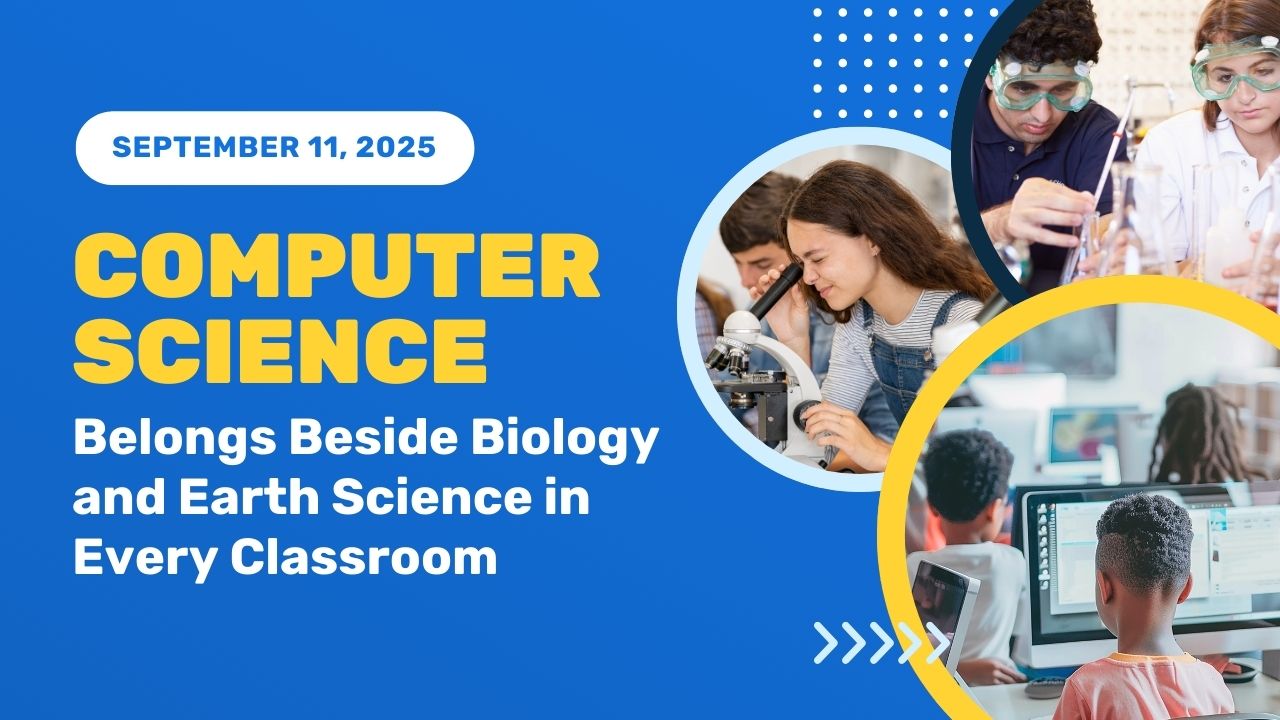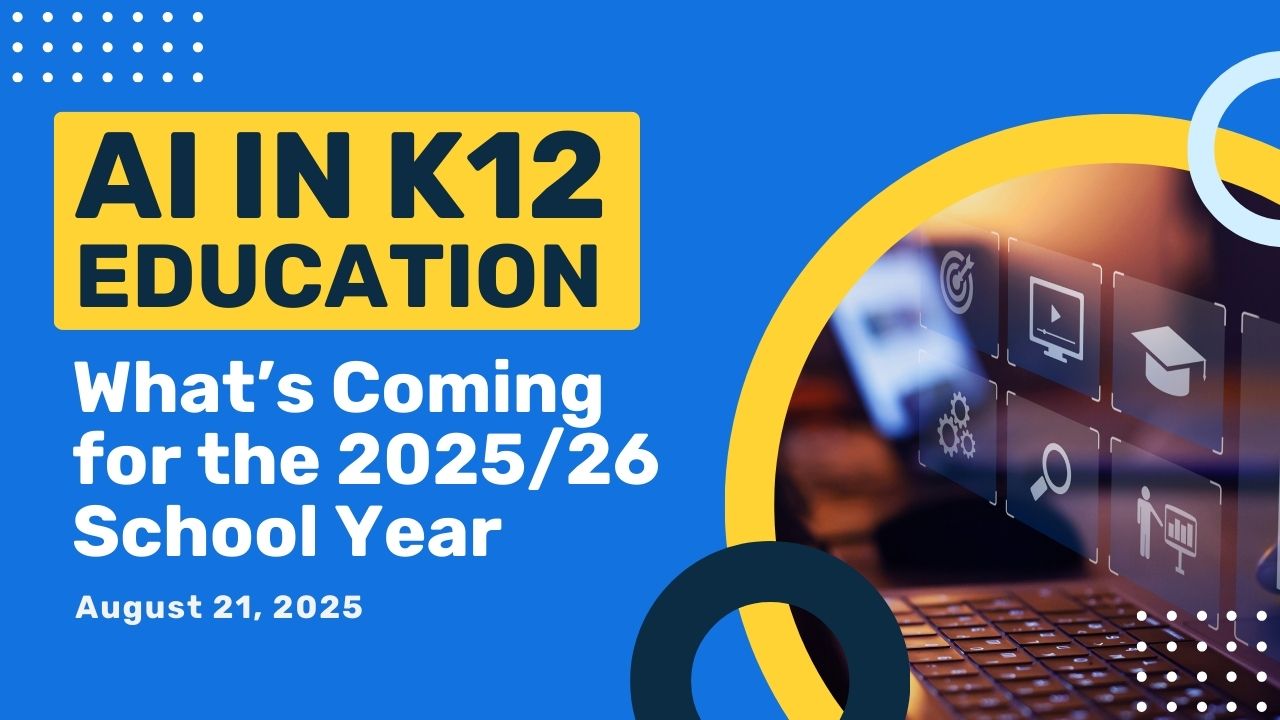I remember being taught that the solar system had nine planets when I was in elementary school. Well, it turns out they were wrong — and yet, they were right.
They were wrong because science has since discovered there are other celestial bodies that blur the definition of what a “planet” really is. Astronomers reclassified Pluto as a “dwarf planet” in 2006, recognizing that it shares its orbital neighborhood with countless other “icy bodies”... not to be confused with Dad bods :-)
The point is, our understanding of the solar system evolved with new evidence, sharper telescopes, and more precise definitions.
And yet, my teachers were right in the sense that they were giving me the best knowledge available at the time. They weren’t lying — they were teaching me science as it was understood at that moment. The fact that our picture of the solar system changed doesn’t mean my education was wasted. It means I was invited into a process: the process of learning, questioning, revising, and expanding human understanding.
That’s the beauty of science. It is not a static set of facts carved into stone (a point often misperceived); it is a living discipline that grows and refines itself as evidence and tools improve. What once seemed absolute can shift, and that shift is not a failure of education. Rather, it’s the very proof that education works.
The same principle applies today with computer science. The algorithms, systems, and devices we use are constantly evolving. What we teach students about artificial intelligence, cybersecurity, or data privacy today may be outdated in ten years, just like the nine-planet solar system. But the point of teaching isn’t to deliver a perfectly final version of truth; it’s to equip students with the mindset, critical thinking tools and literacy to keep learning as “truth” unfolds.
The Logic of Universal Disciplines
We study biology to understand our bodies and our humanity. We study earth science to better understand the planet and the environments in which we live. Computer science deserves the same universal place in education because technology has become deeply enmeshed in the DNA of our lives. Just as biology and earth science give us tools to navigate health and environmental challenges, computer science equips us to meet the demands of a digital age.

Additionally, biology and earth science aren’t electives reserved for specialists; they are essential courses of study for every student. We’ve already agreed that teaching these subjects to ALL students is necessary. The reason is these courses teach us about the fundamental systems that sustain life and shape our world. Neither subject is optional if we hope to thrive as individuals or as a society.
So why not apply the same logic to computer science?
The Digital Dimension of Life
In today’s world, technology underpins almost everything: communication, education, healthcare, transportation, government, finance, and even personal identity. We no longer “go online”—we live online. Yet many people interact with technology daily without understanding how it works.
- Biology helps us make daily choices about health, diet, and medicine. You don’t have to be a doctor to benefit from knowing how your body works.
- Earth science informs how we respond to weather, natural disasters, and climate. You don’t have to be a geologist to use that knowledge when deciding where to live or how to conserve resources.
- Computer science is no different. You don’t need to be a programmer to be affected by how an algorithm filters your news feed, how companies store your data, or how automation reshapes the job market.
Without basic computer science literacy, students risk becoming passive consumers of technology rather than active participants in shaping it. With it, they gain agency—the ability to ask smarter questions, protect themselves online, and imagine solutions to future challenges. Computer science equips every student with a kind of digital common sense. It doesn’t just prepare future software engineers; it prepares everyone to live thoughtfully, critically, and safely in a world where technology is inseparable from daily life.

Just as biology helps us grasp how our bodies work, and earth science helps us understand how the planet works, computer science helps us understand how the digital systems around us work. It reveals the logic behind the machines and networks we rely on—turning us from digital passengers into digital drivers.
Why Computer Science Matters Now
The stakes are high. Consider a few pressing challenges:
- Cybersecurity – Protecting data, identities, and infrastructure is as essential in the 21st century as protecting clean water and public health were in the 20th.
- Artificial Intelligence – Algorithms increasingly influence hiring, healthcare, policing, and social media. Understanding their design and limits is necessary to ensure fairness and accountability.
- Automation – As machines take on more tasks, workers must adapt. Computer science provides the literacy needed to participate in and shape the future of work.
- Digital Citizenship – Navigating misinformation, privacy, and online ethics requires more than just common sense. It requires a foundation in how digital systems operate.
These are not niche problems for specialists. They are universal challenges, and they demand a universally taught discipline.
Education as Empowerment
A century ago, public health campaigns emphasized basic biology and hygiene to fight infectious diseases. Mid-20th-century education expanded earth science instruction as climate, pollution, and resource management rose in importance. Today, the same shift is needed with computer science.
When every student learns computing fundamentals, society gains:
- Informed Citizens – People who understand how algorithms filter news or how data is collected can make better democratic decisions.
- Adaptive Workers – Computer science teaches problem-solving, logical reasoning, and creativity, which apply across industries.
- Ethical Leaders – With a grounding in digital literacy, future leaders can balance innovation with responsibility.
In other words, computer science education is not about training everyone to become programmers. It’s about giving everyone the tools to thrive in a world where programming shapes their lives.

A New Trifecta of Foundational Sciences
Think of biology, earth science, and computer science as a trio of pillars for modern literacy:
- Biology: How life works.
- Earth science: How the planet works.
- Computer science: How technology works.
Computer science isn’t about replacing biology or earth science; it’s about joining them. It is the natural next step in ensuring that every student, regardless of background, has access to the knowledge needed for career and college readiness.
If biology teaches us what it means to be alive, and earth science teaches us where we live, then computer science teaches us how we now live. It is time to recognize it as a universal discipline, essential not just for specialists but for every citizen of the 21st century.














